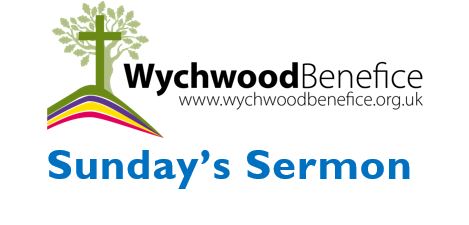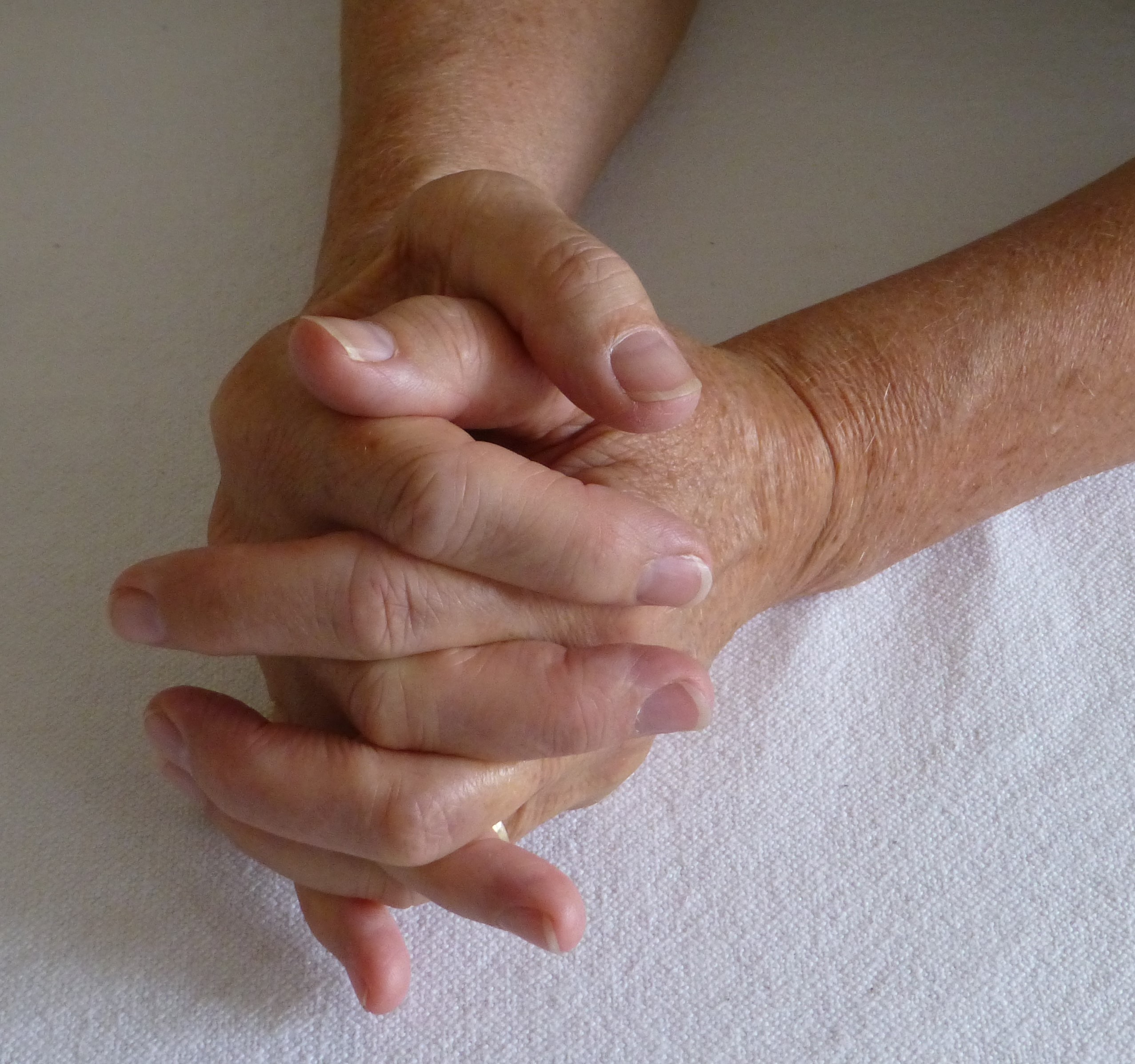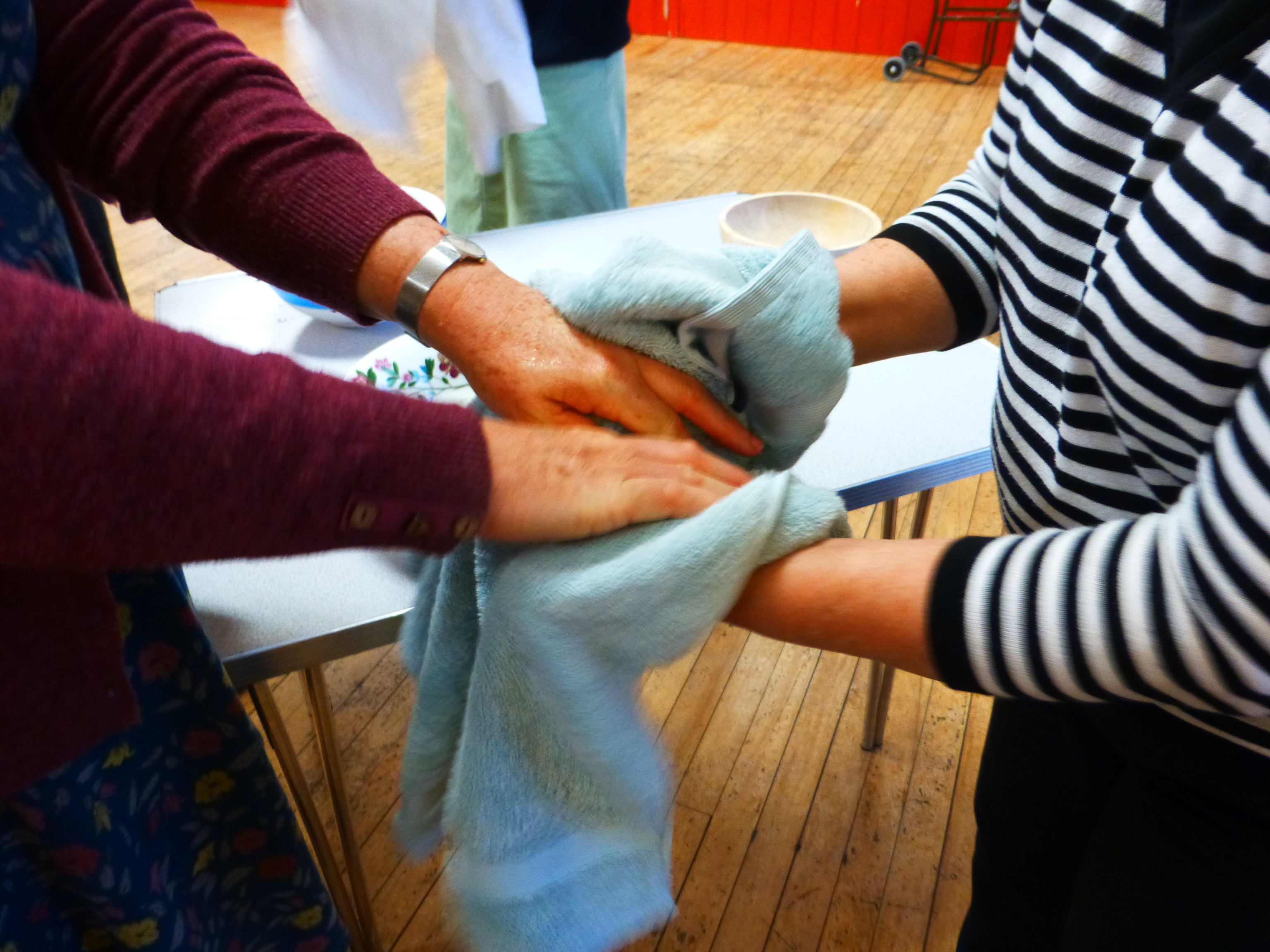
Second Sunday after Trinity
Readings: Genesis 3, 8-15; 2 Cor. 4. 13-5.1; Mark 3 20-end
Last week I baptised Alexander in Milton church, in two months I’ll marry Chloe and Craig in Shipton, today we shall share directly or indirectly in another token or sacrament of trust and intense meeting-points between God and all people of God: Christ’s Body and Blood in the bread and wine of the Eucharist. Whatever our church background, we probably all see a sacrament as an intentionally set aside time of being open to grace flowing from and linking us more intensely to God than usual.
Sacraments aren’t some sort of ‘now you see it now you don’t’ magic nor trivial items on an event management programme. Each sacrament is more food for the journey of faith, the journey of life. As a long-retired Roman Catholic priest said some years ago, ‘a marriage isn’t a sacrament on the day of the wedding: we can only hope the couple will one day realise, in five, ten or fifteen years, that they are living a sacrament.’ Like breakfast, which nourishes long after the cups are washed and the crumbs wiped from the mouth, a sacrament is not completed when the chalice is cleaned, the confetti wept up or the font emptied: a sacrament offers a light for our forward journey, shining not just on the transient things that are seen but, as Paul put it, to the eternal things that are unseen.
The Eucharist, the Great Thanksgiving, feeds us repeatedly on the journey. The tokens of trust from God encapsulated in the wafer and wine, the Body and Blood of God, are eaten together to illustrate our sharing of the one bread in the community of Christ: if no one turns up for communion, the priest cannot consecrate. Sacraments represent the flowing of God into our lives, and through that inflowing, the passing on of that embracing love of God to others. It would be meaningless for us dispassionately to observe a sacrament such as baptism or marriage as if it were a theatre performance rather than a challenge to and support of our faith life. Equally, if we received the gifts of God around this table yet greedily held on to them, preventing the onward flow of God’s loving care, we would make a nonsense of our faith. Sacraments are food to be shared by all people for all people.
And all people have the potential to think, remember, oppose, choose, in that journey to human responsibility illustrated in our Genesis reading. The snake manipulated Eve with the bait of wisdom. And yet that was a benefit, as without it humans lack the capacity for reasoned choice: at best we’d be smart monkeys. Shirking responsibility, Adam’s response to God’s clear question ‘did you eat the apple?’ was not ‘yes’ but ‘she made me do it,’ and likewise Eve’s response to that same question was not ‘yes’ but the equally irresponsible, ‘the snake made me.’
Before that point, we are offered the image of a cosy predictable life in Eden: afterwards, they became both vulnerable and aware, focussing on their own family. It is easy to idolise Eden- we might idolise the glorious past, or some distant shore, both of which were and are as ordinary and muddled as today here – or puff it up into a cataclysmic disaster rather as description of the birth of the mind. One outcome of such thinking demonises Eve, and women, as the source of all human disaster in another ‘passing the buck in Eden’ scenario, and it is a misogynist scene churches in their associated communities have kept alive throughout the centuries. If we look at the text carefully, we can deal with that. But there’s another problem, perhaps a bigger problem, and yet another example of buck-passing. It’s irresponsible egoistic fatalism: ‘that’s just how we are since “the apple” so we can’t change the world’. This allows us to ignore present realities of oppression and abuse which we have a human and a Christian responsibility to oppose.
Jesus’ abrupt words in the Gospel ‘my family are not my mother, my brothers, nor other religious leaders but anyone who does the will of God’ upset many who hear them. He was not rejecting his family of origin, the family to which his birth ascribed him, but rather making clear that there is a new and wider family of adoption. Moreover, he is making clear (as does Genesis) that firstly responsibility goes along with wisdom and choice, and secondly, that that responsibility is to all, not just our family of origin or creation. I say ‘not just’ advisedly, because Jesus carefully ensured his own mother would be cared for after his death. We each have immediate and permanent obligations to care for our family members but we also have obligations to that larger family, the family of God as expressed in the world-wide church.
‘Community’ for Jesus is people walking, talking, doing the will of God, supported by their common life in Christ nourished by the sacraments. That is the journey which, young or old, weary or spritely, is fed by the food of faith: let us prepare to eat and be glad.
Revd Dr Elizabeth Koepping
Milton under Wychwood





